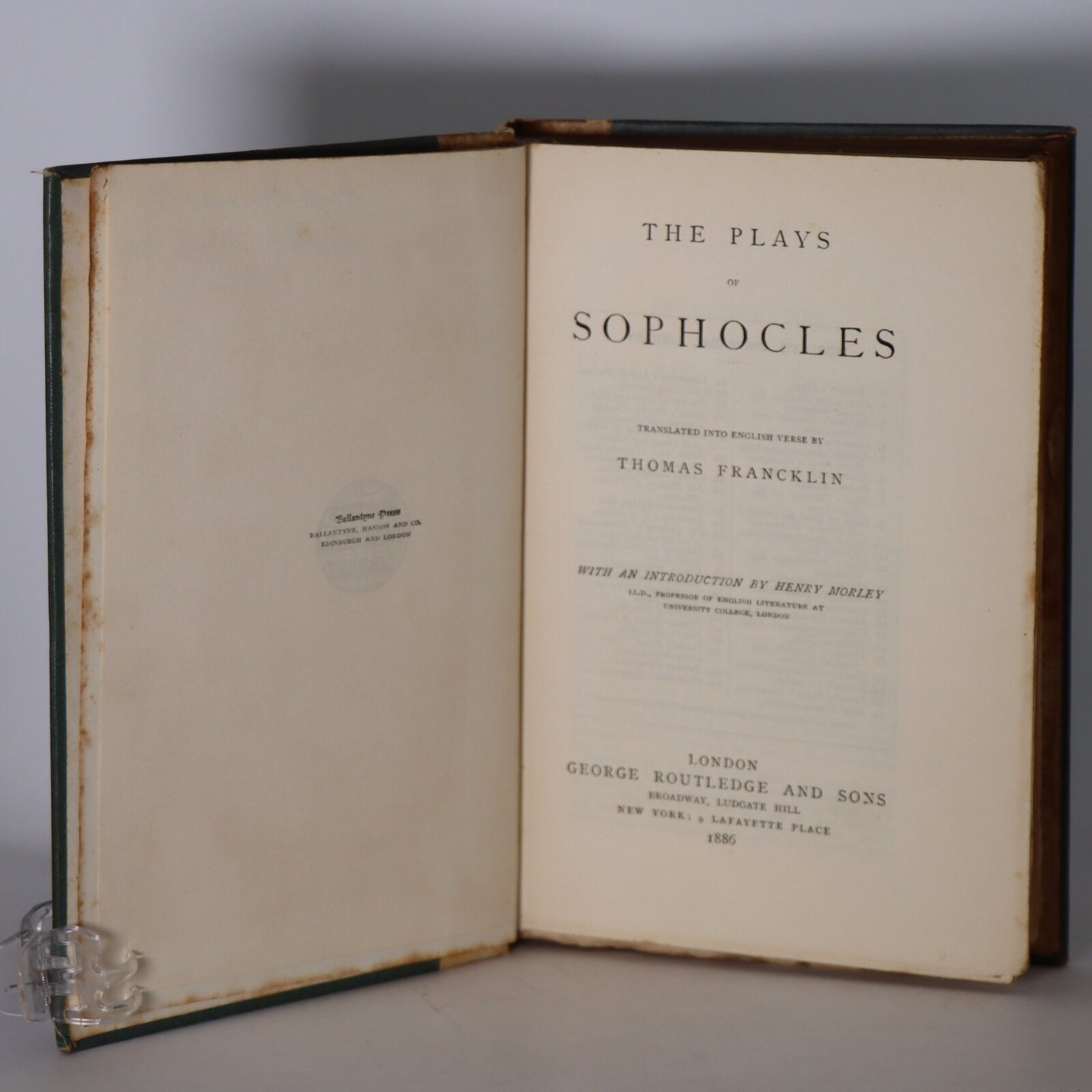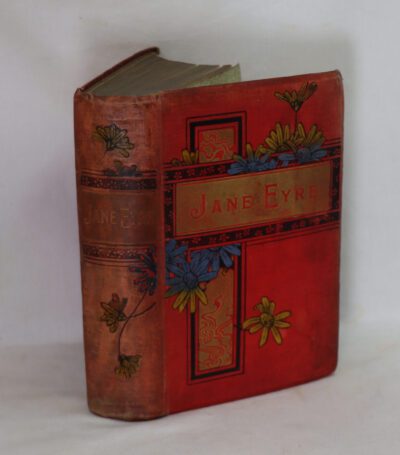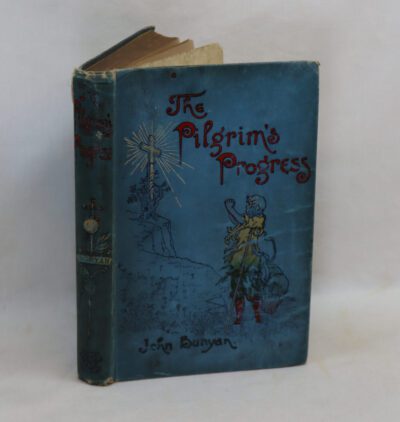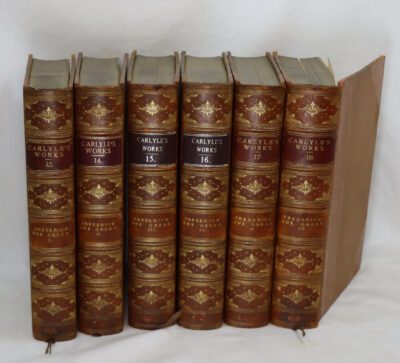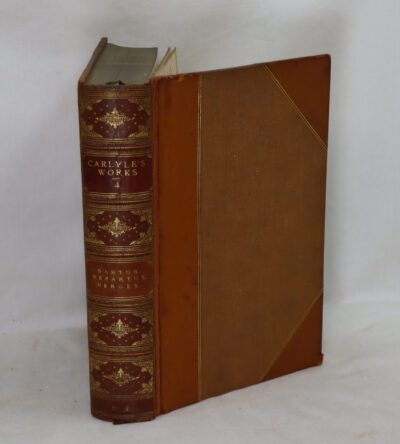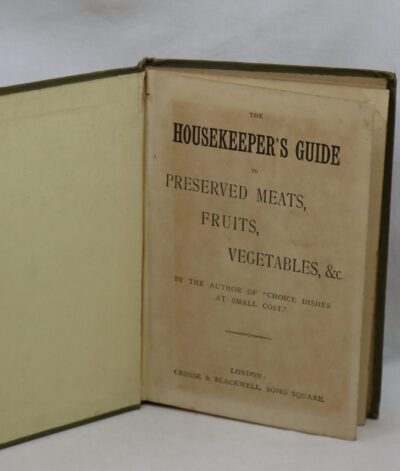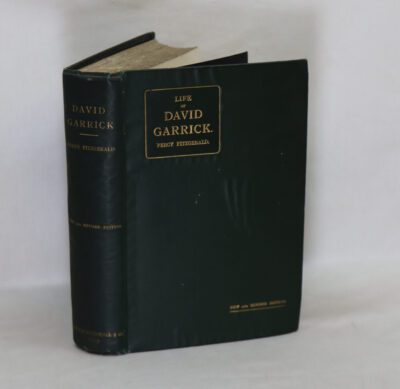The Plays of Sophocles.
Printed: 1886
Publisher: George Routledge & Sons. London
| Dimensions | 14 × 20 × 2.5 cm |
|---|---|
| Language |
Language: English
Size (cminches): 14 x 20 x 2.5
Condition: Very good (See explanation of ratings)
Item information
Description
Cream leatherette spine with gilt title. Green cloth boards.
F.B.A. provides an in-depth photographic presentation of this item to stimulate your feel and touch. More traditional book descriptions are immediately available.
The Three Major Greek Playwrights: Ancient Greek Drama Study Guide 1 Aeschylus (523-456 B.C.E.) The oldest Greek plays that remain today are by Aeschylus. 2 Sophocles (496-406 B.C.E.) Sophocles is considered the best of the three major tragedians. 3 Euripides (480-406 B.C.E.) Euripides’ work was not very popular during his lifetime.
Sophocles c. 497/6 – winter 406/5 BC) is one of three ancient Greek tragedians whose plays have survived. His first plays were written later than, or contemporary with, those of Aeschylus; and earlier than, or contemporary with, those of Euripides. Sophocles wrote over 120 plays, but only seven have survived in a complete form: Ajax, Antigone, Women of Trachis, Oedipus Rex, Electra, Philoctetes and Oedipus at Colonus. For almost fifty years, Sophocles was the most celebrated playwright in the dramatic competitions of the city-state of Athens which took place during the religious festivals of the Lenaea and the Dionysia. He competed in thirty competitions, won twenty-four, and was never judged lower than second place. Aeschylus won thirteen competitions and was sometimes defeated by Sophocles; Euripides won four.]
The most famous tragedies of Sophocles feature Oedipus and Antigone: they are generally known as the Theban plays, though each was part of a different tetralogy (the other members of which are now lost). Sophocles influenced the development of drama, most importantly by adding a third actor (attributed to Sophocles by Aristotle; to Aeschylus by Themistius), thereby reducing the importance of the chorus in the presentation of the plot. He also developed his characters to a greater extent than earlier playwrights.
Want to know more about this item?
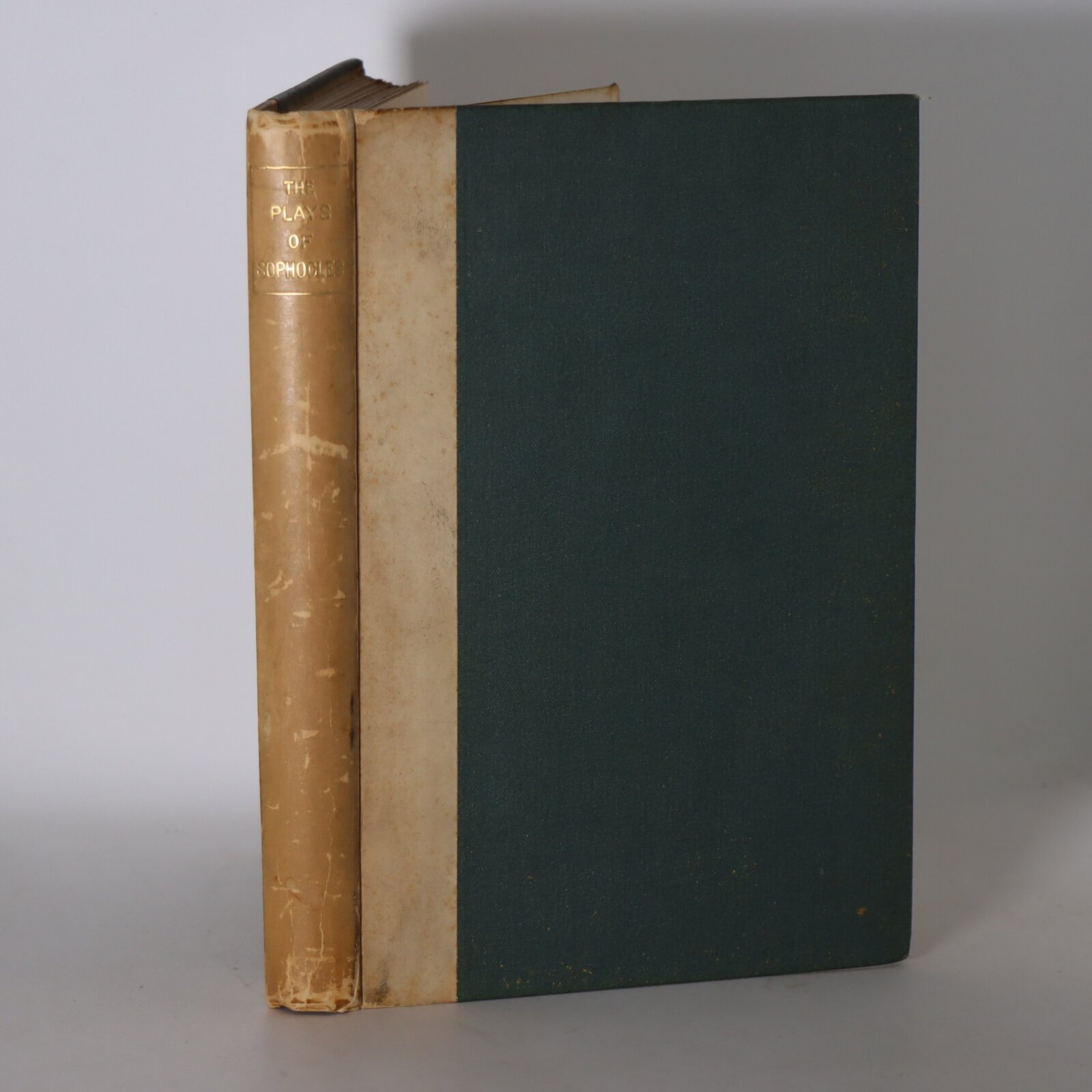
Related products
Share this Page with a friend

